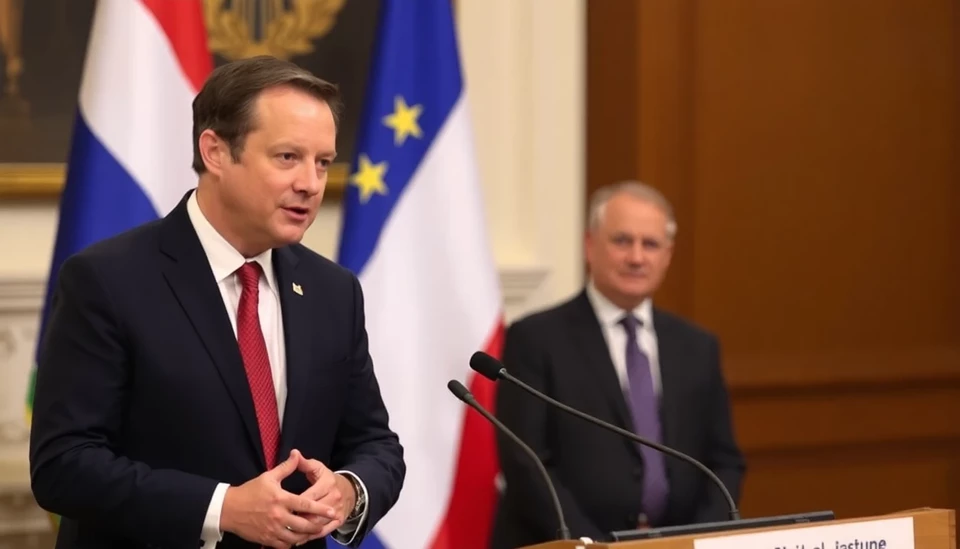
In a significant development, the Dutch Prime Minister has announced the cancellation of his anticipated trip to Baku, Azerbaijan, for the COP29 climate conference. This decision comes on the heels of alarming antisemitic incidents that have been reported in the nation. The rise in public displays of hatred has raised concerns not only within the Netherlands but across Europe, prompting immediate reactions from various political figures and organizations.
The Prime Minister, who was set to participate in crucial discussions regarding global climate action, made his choice public after witnessing a surge in antisemitism, notably during recent protests in Europe. These protests, while often centered around larger political issues, have regrettably included antisemitic slogans and attacks, leading to a disturbing atmosphere for Jewish people and their allies.
In a statement released to the press, the Premier highlighted that fostering a spirit of inclusivity and safety for all participants at international forums is vital. His decision to abstain from the event in Baku underscores the importance he places on addressing antisemitism and promoting unity among nations, especially in the context of collaborative efforts against climate change.
This cancellation is not an isolated incident but reflects a broader trend of rising antisemitic incidents across Europe. Many leaders have begun to recognize the urgent need to address these issues head-on. As global events resume in post-pandemic realities, the juxtaposition of climate action and social justice has never been more pronounced, leading to intense scrutiny of how nations uphold these values simultaneously.
The event in Baku, planned to bring together world leaders to discuss pressing environmental challenges, now stands as a reminder of the complexities that intertwine politics, social issues, and international relations. With leaders like the Dutch Prime Minister setting strong precedents against discrimination, it is hoped that future gatherings will prioritize the safety and well-being of all attendees.
As the situation develops, further responses are expected from international organizations and governments, which will likely shape the dialogue leading into COP29 and beyond. This incident has reignited discussions around the need for increased education about antisemitism and a renewed commitment to combating it at all levels of society.
In summary, the absence of the Dutch Prime Minister at COP29 not only highlights the severity of the antisemitic incidents occurring in Europe but also reinforces the urgent and ongoing fight against hatred and bigotry worldwide. The hope is that this stance will encourage other leaders to take significant steps in promoting inclusivity and safety, not just in climate discussions but in all areas of governance.
#DutchPrimeMinister #COP29 #Baku #Antisemitism #ClimateChange #InternationalRelatons #SocialJustice #Unity #EuropeanPolitics #Leadership
Author: Megan Clarke




